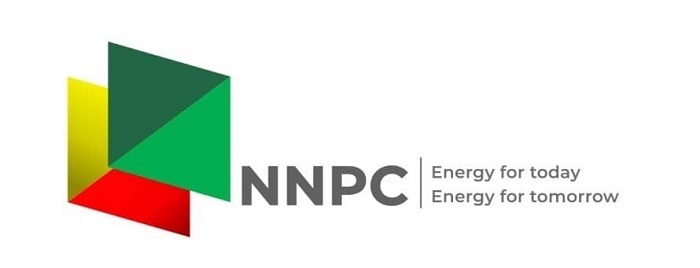Nigerian National Petroleum Company Limited said it lost 470,000 bpd to crude oil theft, especially those perpetrated in the oil-rich Niger Delta region.
The loss, it said, has hindered it from reaching its production quotas set by the Organisation of Petroleum Exporting Countries. This accrues to $700m lost monthly between March and September 2022
However, the company said it has assembled an array of digital control systems to curb the losses.
The Group General Manager, National Petroleum Investment Management Services, Bala Wunti, disclosed this to journalists in Abuja.
According to Wunti, the pipelines, particularly those around the Bonny terminal, cannot be operated due to the activities of criminals.
He said, “If you’re producing 30,000 barrels a day, every month, you get 1,940 barrels. So, what it means is that you can take it to 270 every four days, calculate it in a month; you will have seven cargos in a million barrels, that’s seven million barrels.”
“When you multiply seven million barrels by $100 that is $700m lost per month, about 150,000 barrels expected differ, we are not producing due to security challenges.
“The Shell Petroleum Company trunk line, TNP transnational pipeline cannot be operated and this has been like this since March 3 that we put in this. Just take your calculator, 150,000, it means if you want to arrive at 1 million barrels per day, it means every week as a minimum, basically for one week alone, it’s four cargo and four cargo is four million barrels.
“Four million barrels formula bar or $100 is $400 million. So you can do your calculations by yourself, take whatever price you want, take this to multiply by the number of days that have been shortened since March 3rd.”
The GGM said the impact of pipeline vandalism has caused low crude oil production, interrupted gas supply, countrywide interruption of distribution of petroleum products, refineries’ downtimes, increasing instability in the oil and gas market.
“Nigeria will suffer for it; the revenues are impacted, so we can only appeal to them to rein in themselves, the oil theft situation is regrettable. It’s not going on across the whole of the Niger Delta, there are trunk lines that are more impacted on, I think the Bonny trunk line ranks highest.
“Our major challenge as a country is our capability to respond and that is as a result of several factors, the terrain as well as some incapacity that we have.”
On the company’s efforts to contain the menace, Wunti said the NNPCL deploying technology in monitoring the illegal activities around its facilities in the creeks.
“I was in the Saudi Arabia infrastructure twice, and I know what they have. It’s a digital control system; it’s different from our own. Digital control system, it’s like you have the control system of all your assets in one place.
“This is beyond the digital control system; it’s also a security system and we are doing it and to tell you that this was built-in by our in-house software engineers because of the security sensitivities to it because they are customized, the moment you give to somebody who creates that. So, we use a combination of technology to integrate and synchronize and create what we are now confident and comfortable with,” he said.
Speaking on the synergy with other government agencies, Wunti explained that the Nigerian Midstream and Downstream Petroleum Regulatory Authority, formerly DPR, and then the regulatory commission issue what they call Bill of Quantity and they also handle vessel clearance and export permits while the Federal Ministry of Trade and Industry, handles the issuance of export permits.
He said, “We also relate with the Nigerian Customs Service which also helps with the export permit and to also clear all the vessels; and the Central Bank of Nigeria, processes all Nigerian Export Proceeds forms, Nigerian export supervision scheme. So, these are all the agencies we deal with, it’s not an NNPC thing, we have to work through all these agencies before a ship can come in and sail.”
He noted that some of the government agencies at the terminals include: Nigerian Midstream and Downstream Petroleum Regulatory Authority, the Nigerian Customs Service, NNPC terminal representatives, pre-shipment inspection agents, the Nigeria Immigration Service, the Nigerian Ports Authority and the Nigerian Port Health Authority.
He added that the Navy will be deployed “anytime from now”.
“They also want to be at the terminals to see what is going on. A lot of back-and-forths have been going on in the recent past, blaming the Navy. So, they want to be there to participate physically in what’s going on. It’s not just an NNPC thing, it is all government agencies working together to make sure that each ship that comes at any point in time has all the clearances,” Wunti noted.


Comment here